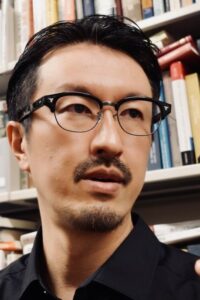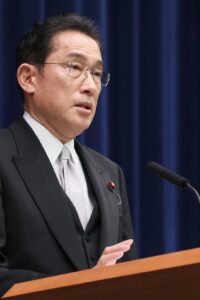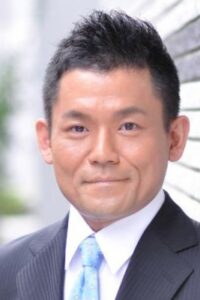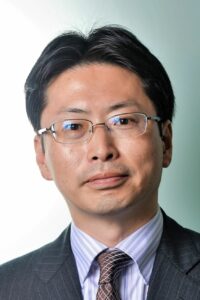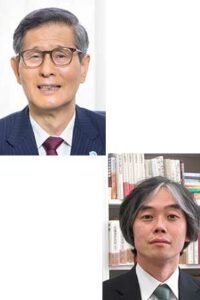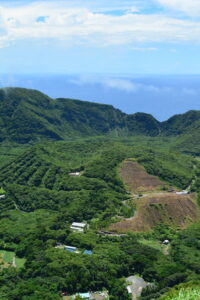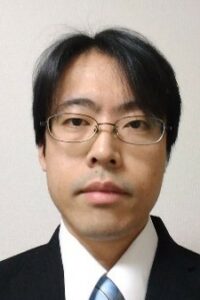
Iokibe Makoto, President of the Hyogo Earthquake Memorial 21st Century Research Institute, former Chairman of the Reconstruction Design Council following the Great East Japan Earthquake ――It’s been 10 years since the Great East Japan Earthquake. You served as chairman of the Reconstruction Design Council following the Great East Japan Earthquake. Iokibe Makoto: I guess I was nominated as Chairman of the Reconstruction Design Council because of my experience from the Great Hanshin-Awaji Earthquake in 1995, which marked a major turning point in Japan’s disaster response and reconstruction policy approach. At the same time, I was also a victim myself. My house in Nishinomiya City, Hyogo Prefecture was completely destroyed, and, at Kobe University where I worked, 39 students, including my seminar student, and two members of staff lost their lives. All in all, the earthquake caused the deaths of 6,343 people. Having unexpectedly become a victim myself, ... ... [Read more]
